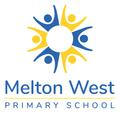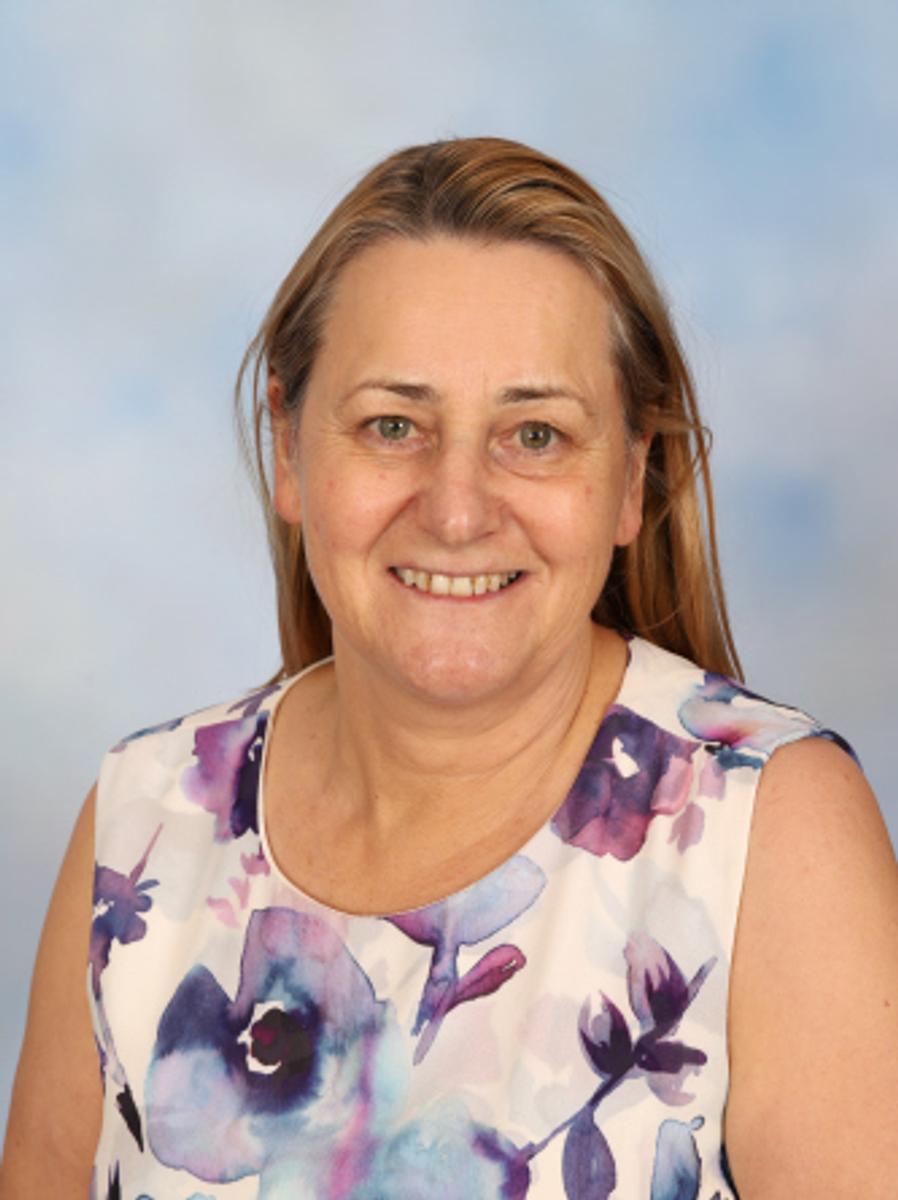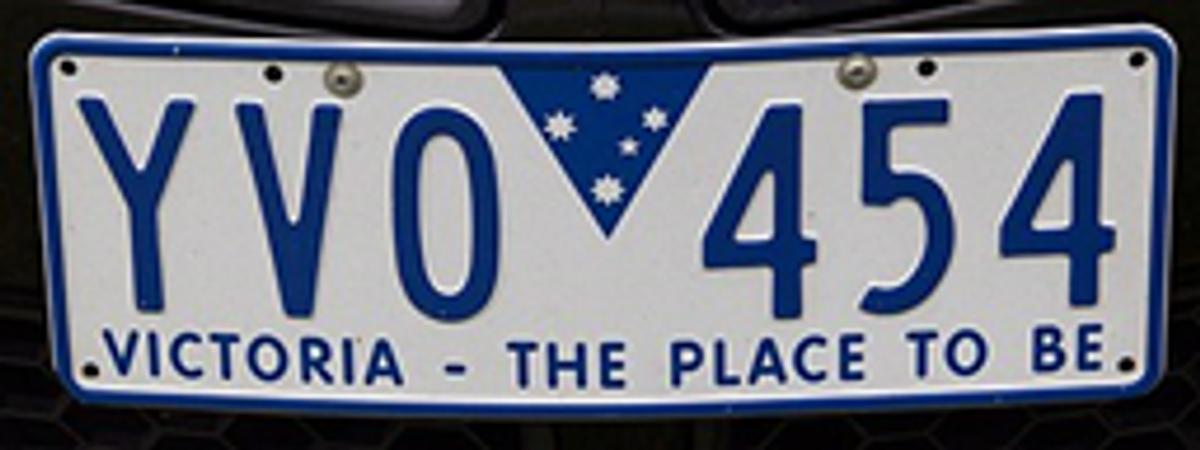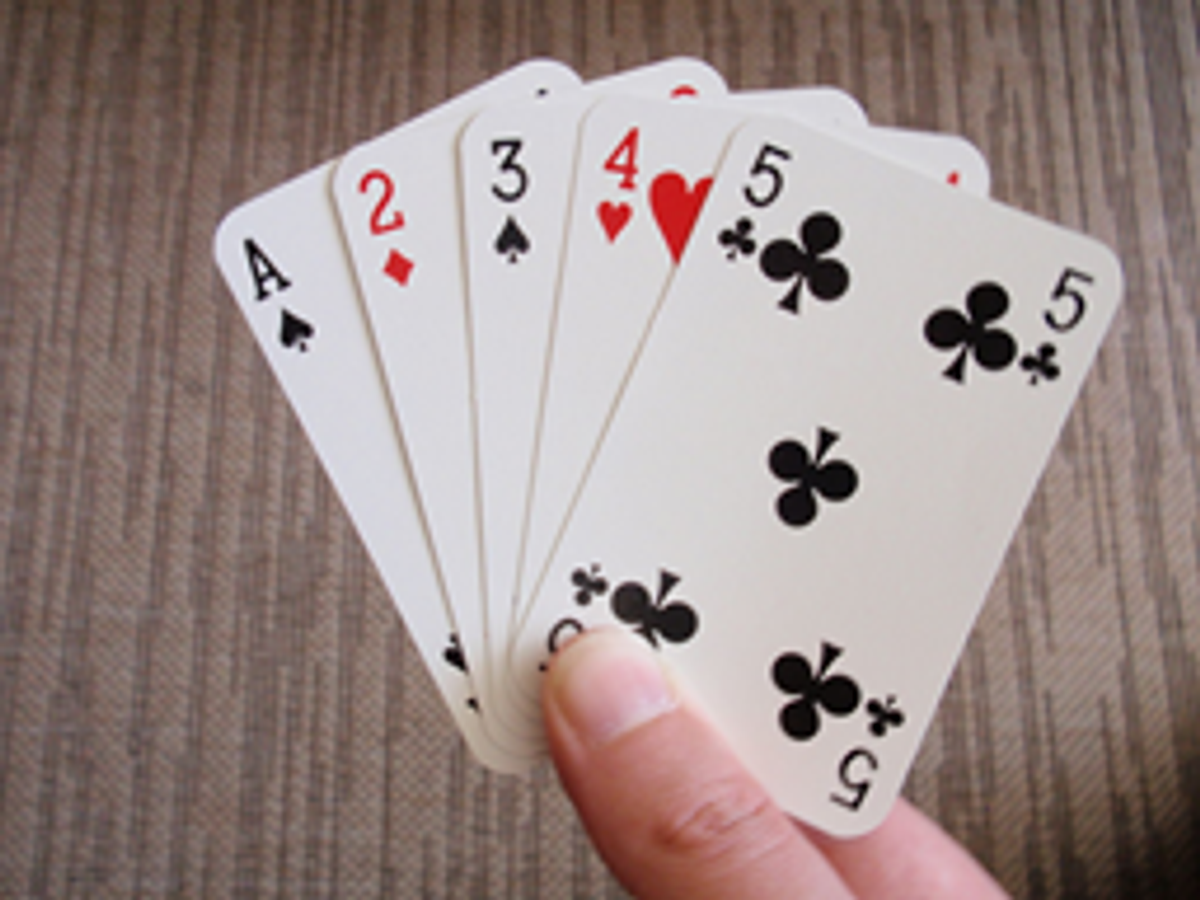Maths Report
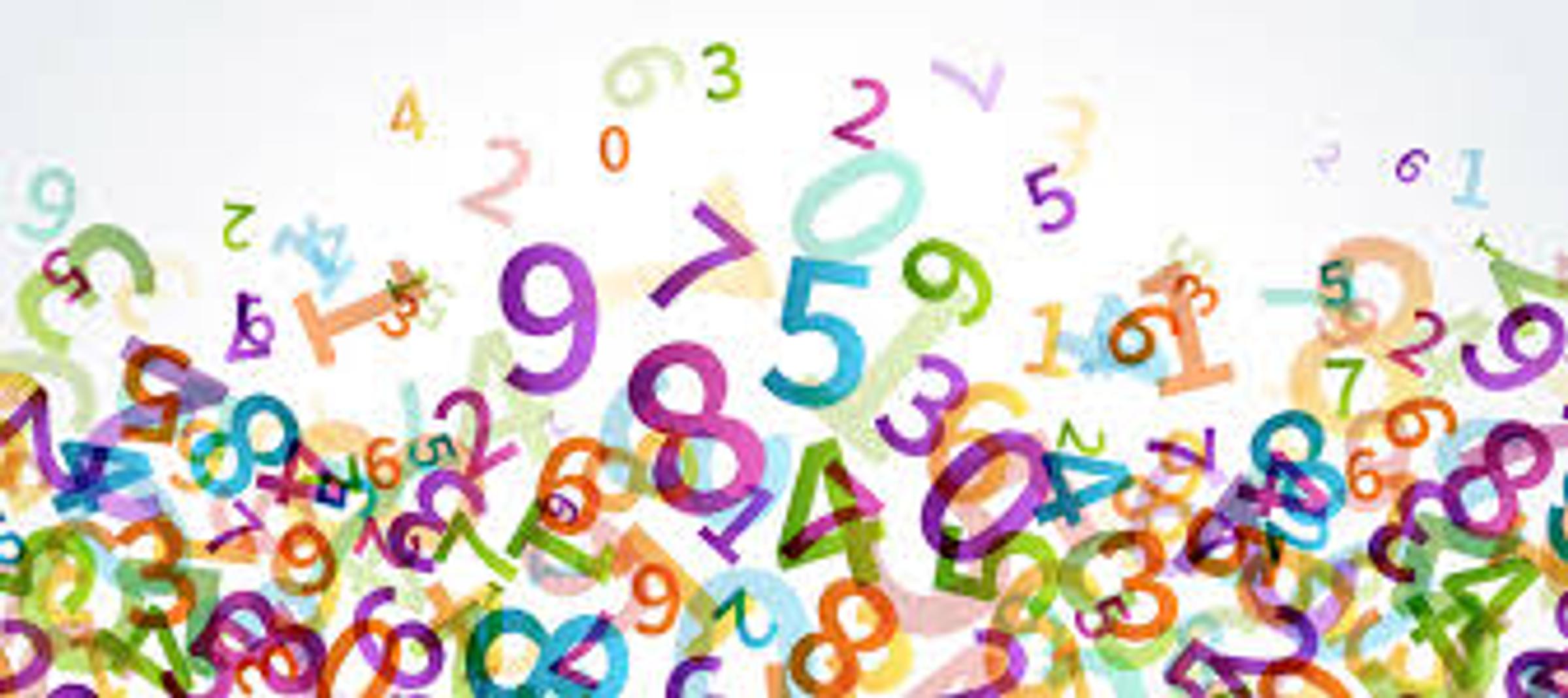
Dear Parents and Carers,
A child’s first years are a time of rapid learning. Research tells us that babies have an innate capacity to understand numbers. As your child’s first teacher, you play a key role in developing their numeracy skills from an early age.
Developing numeracy skills early gives children an important foundation for their learning and development. It helps prepare them for daily life, including general problem solving and handling money. Maths includes noticing numbers, shapes, patterns, size, time and measurement. Incorporating maths into everyday experiences is easy and fun.
Maths is everywhere – in the playground, at the shops and at home. Children need lots of experiences in making, counting, drawing and talking about numbers. You may feel the maths your child is doing at their early childhood centre, kindergarten or school is different from how you were taught, but you can still support your child in many ways. Make connections for your child by explaining how numbers and counting are a part of everyday life.
Hunting for numbers
Number hunts are a fun and engaging activity for your child.
Ask your child to find numbers around you. Look at and say
the numbers on car number plates, signs, calendars, newspapers, shopping catalogues, speed signs, and houses.
Using playing cards
Playing with cards is always a fun activity, particularly on a rainy day or on holidays.
You can:
- Play matching number games like ‘Snap’ with playing cards.
- Order the numbers on the cards from smallest to largest, or largest to smallest.
(Taken from Department of Education - LITERACY AND NUMERACY TIPS TO HELP YOUR CHILD EVERY DAY A GUIDE FOR PARENTS OF CHILDREN AGED 0-12)
Kind regards
Jennifer O’Connor
Assistant Principal Prep-2 Learning Community
